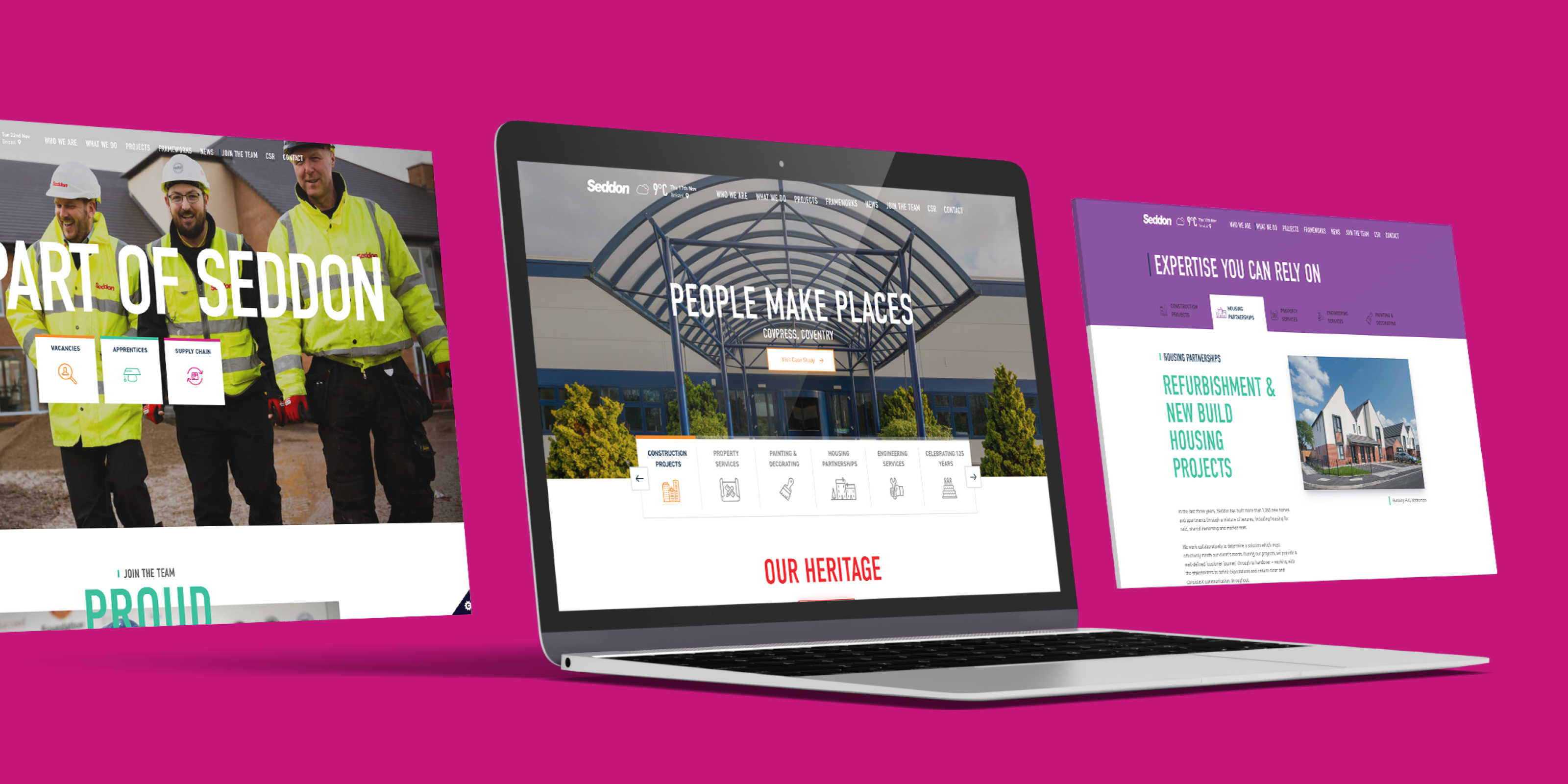
Our client is a prominent UK-based financial services provider with approximately 400 employees and an annual revenue of around GBP 68 million. Operating primarily within the UK, the company serves over 10,000 advisers, offering a range of services including compliance support, regulatory guidance, and mortgage solutions. As part of its long-term strategic vision, the organisation is committed to achieving operational excellence, enhancing its technological capabilities, and responding proactively to market shifts. The company's leadership recognised the need for a robust, integrated platform to support their evolving business model and ensure operational alignment with market demands. The organisation had previously adopted Microsoft Dynamics 365 (D365) as their preferred solution however acknowledged their current implementation could not fulfil their strategic ambitions.
Challenge
The company’s transformation journey with D365 was motivated by several key strategic drivers:
- Evolving business vision - The organisation’s business vision was rapidly evolving, demanding greater operational flexibility, enhanced customer engagement, and the ability to scale efficiently. New business demands required a technology platform capable of driving both innovation and operational excellence.
- Operating model optimisation - A comprehensive operating model transformation was underway, with a strong emphasis on digitalisation. The need for technology to support new ways of working and enable operational efficiencies was critical. D365 emerged as a cornerstone of this transformation.
- D365 as a strategic solution - after a thorough evaluation, D365 was confirmed as the strategic platform. The platform was seen as key to enabling business agility and aligning IT operations with the organisation’s broader goals. However, the road to success was filled with challenges that needed to be addressed head-on.
As part of the operating model transformation, the client — with support from Mason Advisory — had already identified several critical challenges that needed to be addressed in parallel with the development of the D365 solution:
- Delivery team constraints - significant capacity and capability gaps were identified in the delivery team, which had previously struggled with a lack of development focus. The team was geographically dispersed and comprised of several new members, making communication and effective collaboration challenging.
- Business stakeholder issues - business stakeholders had low trust in the platform and the delivery team, leading to scepticism about the ability of the technology to drive value. Limited buy-in and confidence in the team’s abilities further exacerbated the situation.
- Workflow inefficiencies - the team encountered significant inefficiencies due to undefined processes and workflows that were incompatible with D365. This hindered their ability to deliver outcomes effectively.
- Role ambiguity - the lack of clear roles and responsibilities contributed to confusion and inefficiencies. Inconsistent adherence to defined roles led to delays and poor quality of delivery.
- Technology architecture flaws - the initial D365 implementation was inadequately structured, with multiple tenants and applications spread across the system. There was also an absence of a clear and defined roadmap, which created uncertainty about how to move forward.
- Platform underutilisation- a significant issue was the underutilisation of D365’s available modules and functionality. The absence of JavaScript implementation further hindered the platform’s effectiveness.
- Infrastructure challenges - key infrastructure challenges included the absence of configured release pipelines, poorly defined security roles, and limited data controls, all of which undermined the platform’s ability to scale and perform optimally.
Strategic vision for transformation
In response to these challenges, a clear and actionable vision for the transformation was set:
- Evaluate and enhance team capacity and capability: addressing the significant skill gaps within the delivery team was a critical first step. This involved assessing the team’s capabilities and supplementing them with external expertise.
- Architecture review and assessment: a comprehensive architecture review helped identify long-term constraints and outlined an improvement roadmap, focusing on areas such as security, release management, and resource utilisation.
- Empowered D365 platform team: the goal was to create a self-sufficient D365 platform team that was closely aligned with the organisation’s business objectives, ensuring they could independently deliver value and effectively drive transformation.
- Refine MVP Scope: rather than pushing ahead with overly ambitious timelines, the team reassessed the Minimum Viable Product (MVP) scope to align with both capabilities and business needs, ensuring deliverables remained feasible.
- Enhanced business trust: the company aimed to rebuild trust with business stakeholders by ensuring that the platform and delivery team could consistently deliver measurable value.
Solution
Mason Advisory played a crucial role in helping the client navigate and resolve these challenges by leveraging our deep expertise in DevOps operating models, capacity building, and digital transformation operating models. Their tailored approach focused on building the necessary skills and embedding best practices for long-term success:
DevOps operating model optimisation:
- Our expertise in DevOps practices was central to addressing the operational inefficiencies and capacity gaps. We worked closely with the client to design and implement a DevOps operating model that incorporated an architecture roadmap. This shift towards DevOps helped streamline development cycles, reduce manual errors, and improve the overall reliability and speed of releases.
- The DevOps model also aligned with the needs of the D365 platform, creating a more efficient, scalable, and agile cloud-based platform. This facilitated faster iterations and a smoother workflow for the client’s dispersed team.
Capacity building and team augmentation:
- Recognising the need to rapidly scale up the team’s capabilities, Mason Advisory implemented a capacity building strategy that focused on upskilling internal team members while supplementing them with external resources.
- A comprehensive training and mentorship program was established, led by seasoned DevOps experts and D365 architects from Mason Advisory. This helped to accelerate knowledge transfer, build internal expertise, and ensure the client’s team was equipped to manage the D365 platform independently.
- Additionally, we provided technical oversight and guidance on best practices throughout the delivery process, ensuring that both short-term challenges and long-term goals were effectively addressed.
Digital transformation operating model:
- Leveraging their deep understanding of digital transformation operating models, Mason Advisory helped the client align their technology strategy with their broader business objectives. This included a process definition within the existing operating model, and implementing best practices for agile delivery, process optimisation and technology adoption.
- Through iterative planning and regular reviews, Mason Advisory ensured that the organisation stayed on track to meet both immediate and long-term goals, while also ensuring alignment with the overall vision for digital transformation.
- Streamlined processes and workflow optimisation - Mason Advisory worked closely with the client to redefine roles and responsibilities within the team, clarifying any ambiguities and establishing a more effective, collaborative workflow. This was done by facilitating discussions around agile methodologies and role-based accountability, ensuring that each team member had a clear understanding of their role and responsibilities in the delivery process.
- We also implemented cross-functional collaboration techniques to ensure better coordination between business stakeholders and the tech team, fostering a culture of open communication and shared ownership.
Clear communication of value delivery:
- Through regular, transparent communication, Mason Advisory ensured that all stakeholders understood the status of the project, the challenges encountered, and the measures taken to address them. This open communication significantly improved trust and confidence in the team’s ability to deliver results.
Outcome
By leveraging our expertise in DevOps operating models, capacity building, and digital transformation operating models, the client achieved the following outcomes:
- Increased confidence and trust - with Mason Advisory’s guidance, the client’s internal team didn’t just gain technical skills—they developed real confidence through consistent, iterative deliveries that created visible value. Each milestone helped prove their capability, gradually building trust with business stakeholders. This approach stood apart from traditional, often abstract training programmes: instead of theory, the team demonstrated real-world progress. Every successful iteration showed the business that the internal team could lead digital transformation effectively. Over time, this consistent delivery strengthened belief in the team’s reliability, deepening both confidence and trust across the organisation.
- Enabled operational change - introduction of DevOps practices and the implementation of a digital transformation operating model allowed the organisation to drive transformation more effectively. The tech team was able to deliver new features more quickly, while aligning with business goals to drive greater operational efficiency.
- Defined technical roadmap - the D365 technical roadmap was clearly defined, ensuring the team had a long-term vision for platform evolution. Key elements such as security, infrastructure management, and license optimisation were integrated into this roadmap, guiding future development efforts.
- Established processes & workflows - the client’s team adopted more agile methodologies, clear communication practices, and streamlined workflows that significantly improved efficiency and reduced bottlenecks. The business and technology teams now work more collaboratively, with clear expectations and defined roles.
- Self-sufficient D365 team - one of the most significant outcomes of this transformation was the creation of a self-sufficient, independent D365 team. Using our expertise in capacity building and mentoring, the team can now independently manage and develop the D365 platform, continuing to drive value for the organisation without the need for ongoing external support.
Key takeaways
The project emphasised several important lessons, especially in the context of digital transformation and DevOps implementation:
- DevOps Operating Model is Essential for Agility: Mason Advisory’s DevOps framework helped the client streamline their development pipeline, resulting in faster delivery, fewer errors, and a more agile approach to platform evolution.
- Capacity Building Accelerates Internal Capability: by investing in capacity building and equipping internal teams with the right skills and tools, Mason Advisory enabled the client to operate independently and build long-term internal expertise.
- Clear Roadmap and Processes Drive Consistency: a defined technical roadmap and established processes and workflows ensured that the client could continue to evolve the D365 platform effectively, meeting business needs without losing focus on the broader transformation objectives.
- Sustained Trust and Confidence: transparent communication, coupled with tangible results, helped rebuild business stakeholder confidence and trust, making them more willing to support future initiatives.
In conclusion, with Mason Advisory’s expertise in developing tailored operating models, capacity building, and digital transformation strategies, the client successfully navigated operational challenges and built a self-sufficient team capable of achieving critical business objectives. The focus was not on the development of D365 itself, but on implementing a robust operating model that enabled the organization to meet key performance indicators (KPIs) aligned with its broader business strategy. These KPIs included improving operational throughput, increasing client retention, reducing operational costs through optimised team size, and maximising the value derived from the underlying platforms.
If you would like to speak to one of our experts regarding this case study, email contact@masonadvisory.com.
Find out more about our Operating Model capabilities.









